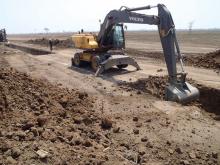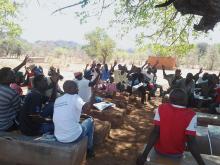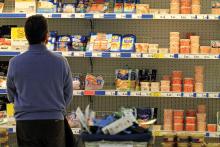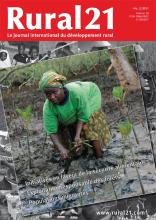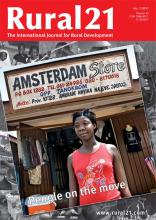Land Library
Welcome to the Land Portal Library. Explore our vast collection of open-access resources (over 74,000) including reports, journal articles, research papers, peer-reviewed publications, legal documents, videos and much more.
/ library resources
Showing items 1 through 9 of 20.Indigenous Peoples and local communities hold a large share of the world’s land area under customary systems. However, there is a tremendous gap between what is held by communities in practice and what is formally recognised by governments.
The buying up of farmland by international investors is viewed highly critically. However, sweeping judgements could be inappropriate, as our author demonstrates with survey results from Ethiopia and Uganda.
Marked power imbalances often result in communities losing out in use conflicts over their territories and resources. This applies in particular to extractive industries and infrastructure projects.
Providing extension and advisory services is expensive. There are salaries to be paid, transportation and operational funds to be provided, buildings to be rented or built, demonstration plots to maintain, and continued education to be offered to the extension staff.
L’urbanisation est souvent considérée comme ayant des effets néfastes sur le développement rural. En fait, c’est tout le contraire.
Au Burkina Faso, le potentiel en terres arables à vocation agricole est épuisé. À l’avenir, la population en rapide expansion ne pourra être nourrie que s’il est possible d’accroître les rendements sur les terres cultivées existantes.
The sheer number of refugees from Zimbabwe puts a heavy burden on the province of Limpopo in South Africa. These new arrivals strain the already weak structure of the local labour market. The result is frustration and bitterness for local people.
Burkina Faso is already using all its possible farmland. In future the only way to feed the rapidly growing population will be by increasing yields on existing land. Building stone contour lines enables rainwater to be better used and slows erosion.
As part of its commitment to local community development in Mozambique, the Community Land initiative (iTC), a project financed by a group of European donors, is supporting part of a honey production chain in Mozambique, specifically in Sussundenga district, Manica province.


